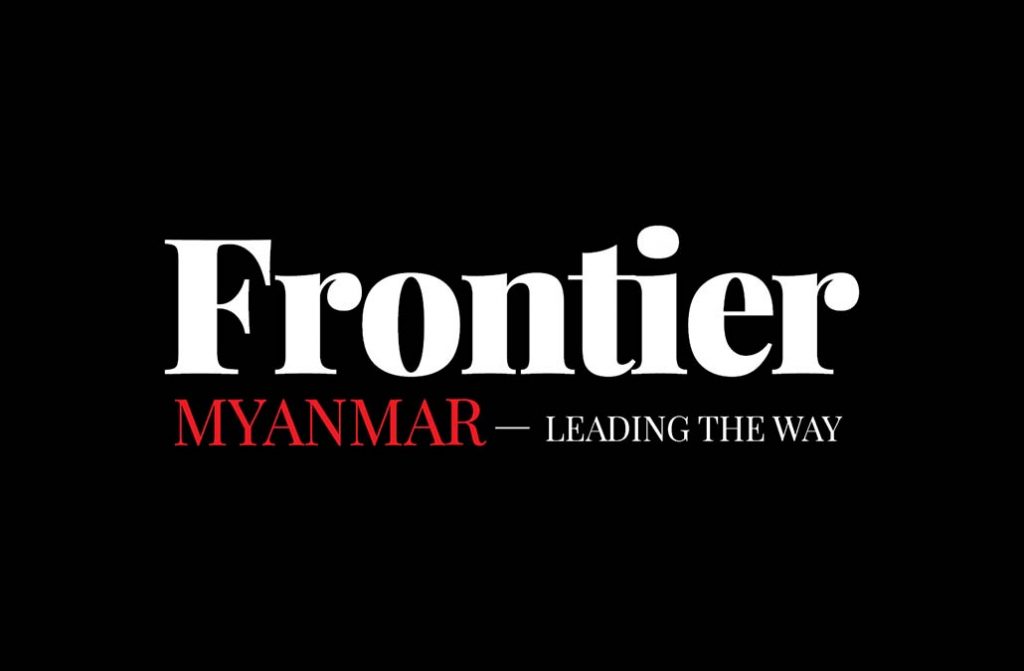YANGON — Myanmar has denounced a United Nations Human Rights Council resolution that condemned “systematic” human rights violations against minorities and called on the government to grant full citizenship to Rohingya Muslims in Rakhine State.
The resolution was adopted without a vote at a council meeting in Geneva on July 3.“The notion of Muslims in Myanmar being subjected to human rights violations was totally wrong and baseless,” Myanmar’s permanent representative to the UN in Geneva, U Maung Wai, was quoted as saying in a statement released by the council.
“The constitution guaranteed freedom of religion,” said U Maung Wai. The purpose of the draft resolution was to “raise the profile of a particular faith” and its adoption would be counterproductive, he said.
As well as condemning human rights violations against all minorities and urging full citizenship for Rohingya, the resolution called on the government to ensure that the rights of all Myanmar were protected and that all refugees and displaced persons be able to return to their homes.
In a statement to the council, the European Union referred to “the need to recognise that the situation is more complex than a question of religious identity”. In a separate development, the United Nations High Commissioner for Refugees has welcomed the latest response from the Association of Southeast Asian Nations to the boat migrant crisis earlier this year.
An Emergency ASEAN Ministerial Meeting on Transnational Crime Concerning Irregular Movement of Persons in Southeast Asia in Kuala Lumpur on July 2 proposed the establishment of a task force and trust fund to address the issue.
“We fully support law enforcement actions against smuggling and trafficking,” the UNHCR’s regional representative and regional coordinator for Southeast Asia, James Lynch, said in a statement released by the agency on July 3.
“Border security must be strengthened alongside the protection of human rights, including those of refugees,” Mr Lynch said. “We need to ensure that victims receive prompt assistance and protection, and that alternatives to detention are found for people seeking asylum, especially children,” he said.







